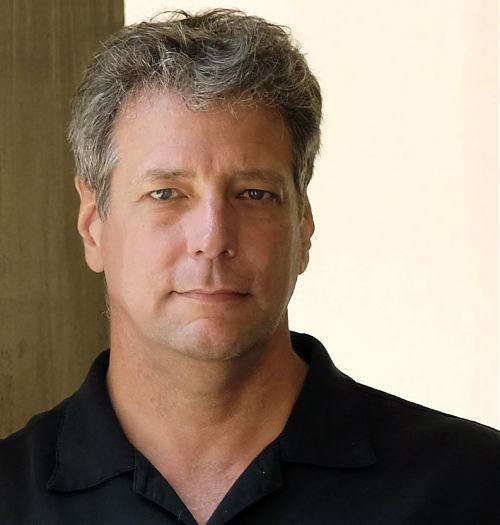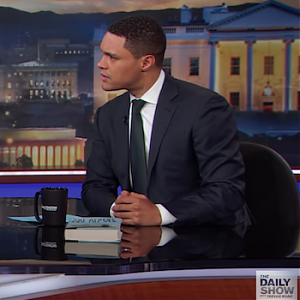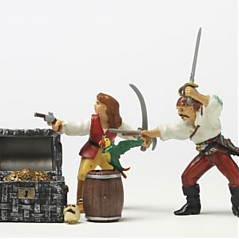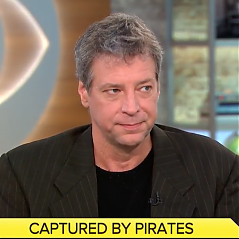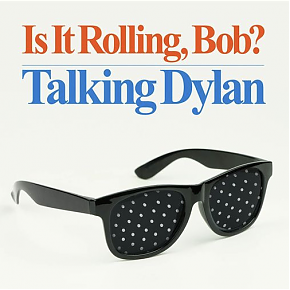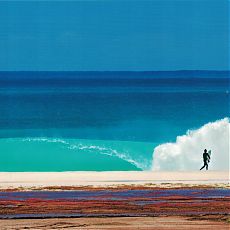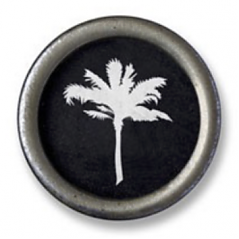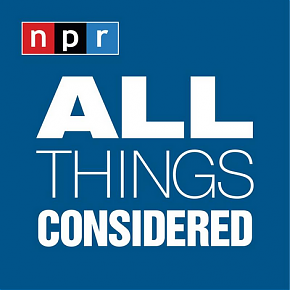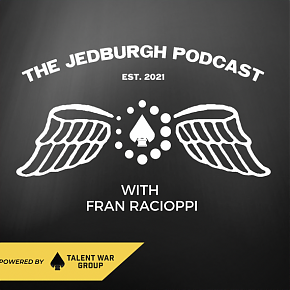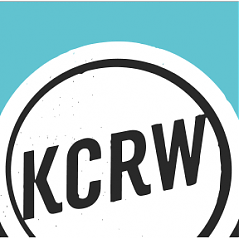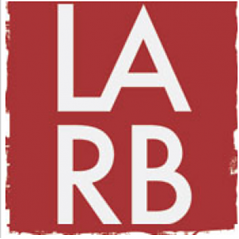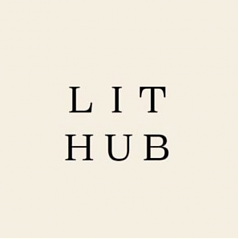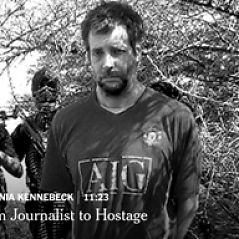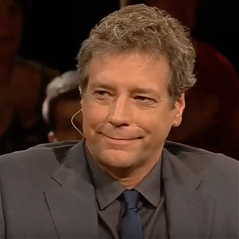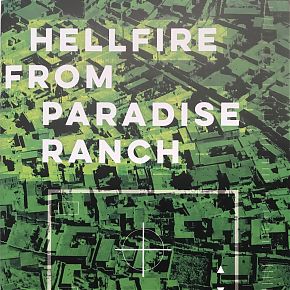Was Hitler a Man of the Left?
A book that helped Republicans in America lose their damn minds.
Pacific Standard
February 2010
When Jonah Goldberg published his book Liberal Fascism in 2007, George W. Bush was still president, and no one had yet compared Barack Obama to Hitler. In fact Goldberg’s ambition for the book, if you boil it down, was small. He wanted to clarify the word “fascism” for a popular audience and defend himself, as an American conservative, against the knee-jerk label “fascist.” Fair enough. “To suggest that Hitler was a conservative in any sense related to American conservatism,” he wrote, “is lunacy.”
That’s true. Hitler hated almost everything about America, from its messy democratic system to its mingling races, from its seductive freedoms and modern jazz to Wall Street’s rise as a center of international (“Jewish”) finance. The tragic heroes of American history, for Hitler, were Native Americans: nationalists uprooted from their rightful soil by a bunch of foreigners.
Even in this brief summary it’s easy to see that Hitler’s program trampled across current categories of left and right. Through our lens, he was some of both. Goldberg is also right that early ideologues of fascism — in Italy, for example — had some crossover with the political left.
But Goldberg tries to argue that Hitler’s statist solutions to Germany’s woes — his whole “National Socialist” platform — was essentially a left-wing, revolutionary movement of workers. Being called “left-wing” would have horrified Hitler, but never mind. “The ‘social space’ the Nazis were fighting to control,” Goldberg writes, “was on the left.”
Bullshit. What’s true is that Hitler took a ragtag, socialist-minded workers’ party in the 1920s and built it up with nationalist, militarist and racist rhetoric — all drawn from the right — until Nazis appeared to be something new. This was an era of hyperinflation and austerity, of post-WWI humiliation, and the German people wanted economic help as well as a restored sense of pride. The “National-Socialist” party appealed to these desires by making socialist noises while it cozied up to German industrialists. “The party had to play both sides of the tracks,” writes William Shirer in The Rise and Fall of the Third Reich. “It had to allow Goebbels [and other propagandists] to beguile the masses with the cry that the National Socialists were truly socialists and against the money barons. On the other hand, money to keep the party going had to be wheedled out of those who had an ample supply of it.”
Goldberg prefers to focus on Nazi big-government policies toward everything from banking and gun control to health care, but those programs were unremarkable in German politics; they had roots in the Wilhelminian empire. Goldberg downplays Hitler’s freakish rants against foreigners, homosexuals and modern art, against weak-kneed liberals, intellectuals and “urban cosmopolitans” — all in favor of German farms, German family values and German workers just struggling to get along. If you look at the “national” part of “National Socialism” — the bigoted patriotism which defined its murderous legacy — you see the obvious fact that Hitler cleared more “social space” on the far right than on the socialist left.
He was no doubt a revolutionary. He posed as a man of the people, standing against German aristocrats as well as the German bourgeoisie, and this fierce populist anger at the comfortable middle classes and the weak-looking Weimar government is part of what makes Hitler seem “left-wing” (in a post-1960s context) when you begin to read deeply about him.
But the same anger animated loads of Germans back then. They had just emerged from an imperial “big government” phase, which only ended with World War I. Parties across the political spectrum wanted to tear down Berlin’s wobbling experiment with Anglo-American democracy and replace it with something glorious, revolutionary, and pure, as long as it would bring swift prosperity and support to the suffering unemployed. A lot of Weimar voters veered toward Communism — and in this sense the German Communist Party, which rejected the democratic middle, helped the Nazis at the polls in 1932. With a weak plurality of votes in that election (not a majority), Hitler hijacked the romanticism of the Weimar Era, its general desperation for something new and strong.
The sticky question for Goldberg and his fans, particularly since the book came out, is whether political romance is just a province of the left, as it seems to most Americans in 2010. Or is it possible to imagine a grassroots revolutionary movement from the far right that dreams of patriotic renewal, hates the lazy liberalism of the latté-drinking middle class, resents Wall Street, bashes homosexuals and immigrants, mistrusts intellectuals and “cosmopolitans,” loathes dissent, resorts to vicious name-calling, and wants to destroy certain segments of the population based on some crazy but passionate ideals?
Most Germans are puzzled by Republicans who compare Obama to Hitler. Goldberg bears a lot of responsibility for this lunacy. He’s also begged his fans not to go quite so far, though the plea may sound disingenuous from the author of Liberal Fascism. “Some have taken to calling liberals fascists,” he laments in a new afterword to his book from 2009. “That isn’t what I wanted.”
Oh, dang.
Michael Scott Moore
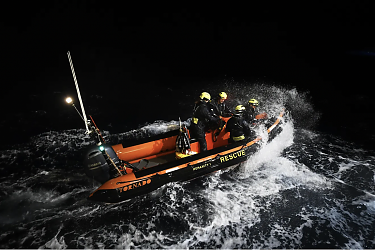
Rafts of the Medusa
Why every day on the Mediterranean is a new scandal for Europe. For both Foreign Policy and Die Zeit.
California’s Attempt at Land Reparations
How land seized from a Black family 100 years ago may be returned. The Bruce’s Beach story from a hometown angle, for The New Yorker
Day of the Oprichnik, 16 Years Later
The novelist Sorokin, the president Putin, his man Dugin, and the war in Ukraine. For n + 1.

The Rushdie Narrative
Knife and the crumbling ground beneath free speech
There Must Be Some Way Out of Here
An essay on Bob Dylan, “All Along the Watchtower,” and Somali pirate captivity.
That Mystic Shit
The life of Lou Reed in two biographies

Cambodian Seafarers Talk About Pirates
Mike visits Cambodia for The New Yorker to talk about a harrowing shared experience in Somalia
The Muslim Burial
Cambodian hostages remember digging a grave for one of their own. A sequel chapter to The Desert and the Sea
The Real Pirates of the Caribbean
Adventure journalism in Southern California. A travel essay for The Paris Review.

Antifa Dust
An essay on anti-fascism in Europe and the U.S., for the Los Angeles Review of Books
Was Hitler a Man of the Left?
A book that helped Republicans in America lose their damn minds.
Ghosts of Dresden
The Allied firebombing of Dresden in 1945 destroyed the baroque center of what Pfc. Kurt Vonnegut called, in a letter home from Germany, “possibly the world’s most beautiful city.”
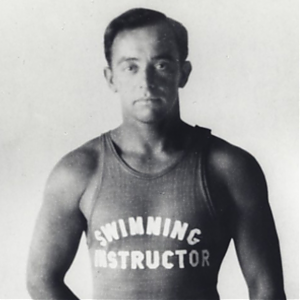
George Freeth, Biographed
The first academic treatment of America’s surf pioneer. Also, was Freeth gay?
It’s Called Soccer
Americans live on what amounts to an enormous island, defended on two shores by the sea, and we’ve evolved a few marsupial traditions that nobody else understands.
Tilting at Turbines (in the Severn River)
The morning was clear and cold, with frost on the church steeple and the cemetery grass. I had a quick English breakfast at a white-cloth table, in my wetsuit, and drove to Newnham, a village on the Severn River in Gloucestershire, parking near the White Hart Inn.

The Curse of El Rojo
I’d packed the car lightly — a bag of clothes, a bag of cassette tapes, a backpack of books, a few essential tools.









